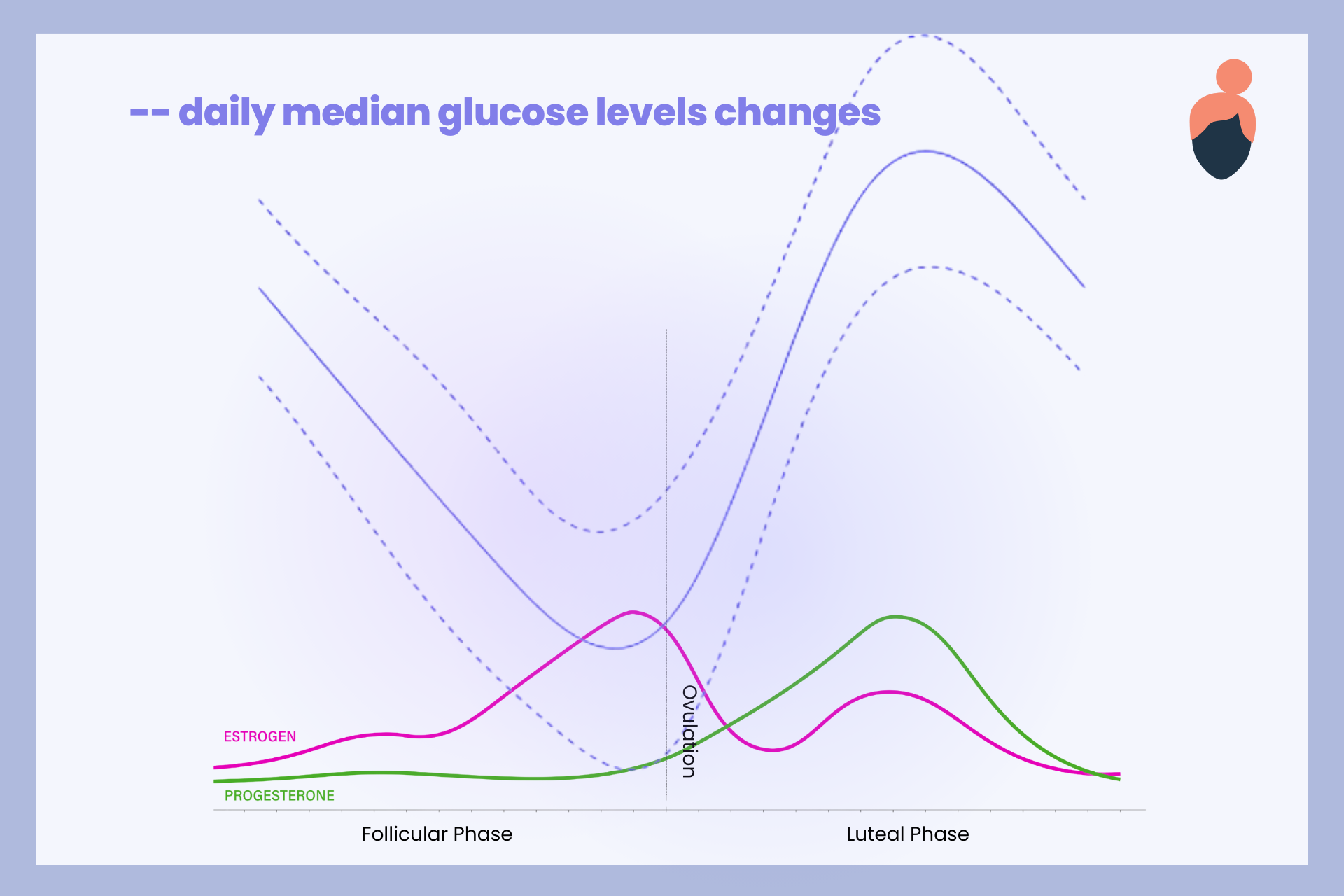
You think it starts with chewing. But it begins before the first bite—when the body senses something sweet is coming. Your tongue prepares. Your brain signals. Insulin starts forming before sugar even lands.
Your hormones don’t wait for digestion. They anticipate it. Every cell prepares to respond.
And that preparation shifts everything.
Glucose arrives fast—and the body scrambles to respond
You take a sip. Or a bite. Glucose arrives fast—and the body scrambles to respond. It floods the blood. Triggers insulin. The signal spreads.
This isn’t digestion—it’s alarm. Hormones don’t just react to food. They react to the pace of the rise.
And sugar moves faster than your body wants.
Insulin pulls sugar from blood—but too much confuses the system
Insulin steps in. Quickly. Powerfully. Insulin pulls sugar from blood—but too much confuses the system. Cells get flooded. The brain goes quiet. Then the crash begins.
Now your body asks for more. Not from hunger—but from imbalance. And the cycle starts repeating.
Even small amounts, repeated often, retrain the entire system.
Leptin says stop—but sugar makes the brain ignore it
You’re full. But still eating. Leptin says stop—but sugar makes the brain ignore it. This hormone controls satiety. Keeps the signal clean.
Sugar blurs it. Makes you want dessert after a full meal. Makes you think you’re still hungry when you’re just spiked.
This isn’t desire—it’s distorted feedback.
Ghrelin returns too quickly after sugar drops
You ate. Then crashed. Now you’re hungry again. Ghrelin returns too quickly after sugar drops. It’s the hunger hormone. And it doesn’t measure calories—it measures chaos.
When sugar rises too fast, then falls too hard, ghrelin panics. It screams for food before you’re empty.
And your appetite becomes a reaction, not a need.
Cortisol rises when sugar stays inconsistent
Your hands shake. You feel edgy. Cortisol rises when sugar stays inconsistent. It’s a stress hormone. It keeps your brain fueled. But too much sugar makes its job impossible.
Cortisol doesn’t like extremes. It wants steadiness. Sugar takes that away.
So cortisol keeps rising. Even when your day is calm.
Estrogen listens to insulin—and shifts based on sugar
Your cycle changes. You feel swollen. Estrogen listens to insulin—and shifts based on sugar. High blood sugar raises estrogen. Low blood sugar drops it.
Neither feels right. Your mood swings. Your skin breaks out. Your period comes early—or not at all.
You think it’s your hormones. But it’s also your meals.
Testosterone drops when insulin becomes chronic
You feel slower. Weaker. Less driven. Testosterone drops when insulin becomes chronic. Especially in men. But also in women.
Testosterone doesn’t thrive in a sugary environment. It fades quietly. Your energy doesn’t crash—it disappears.
You lose strength long before you lose weight.
Thyroid slows to protect the body from sugar volatility
You’re tired. Cold. Gaining weight. Thyroid slows to protect the body from sugar volatility. It wants to conserve. To rest. To shield.
But instead of protecting, it begins suppressing. Digestion lags. Focus blurs. Everything feels harder.
And no diet helps if the thyroid feels unsafe.
Growth hormone can’t work when insulin stays high
You sleep. But don’t recover. Growth hormone can’t work when insulin stays high. GH helps you heal. Restore. Build.
But insulin blocks its pathway. Night after night. Until you forget what real rest feels like.
It’s not about sleep hours. It’s about chemical permission.
Your body doesn’t hate sugar—it forgets how to trust it
You blame the sweet. But the issue isn’t sugar—it’s rhythm. Your body doesn’t hate sugar—it forgets how to trust it. Trust comes from consistency. From moderation. From space between spikes.
Your hormones want to cooperate. But only if the signal stops screaming.
